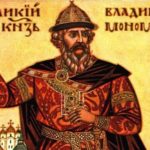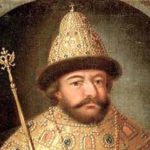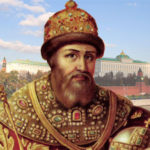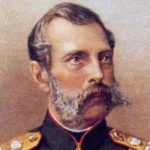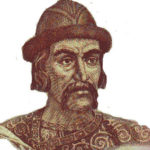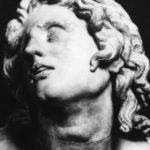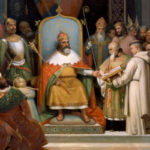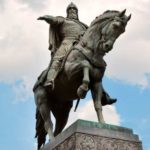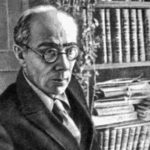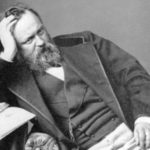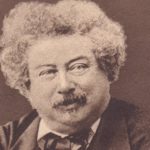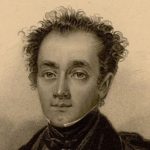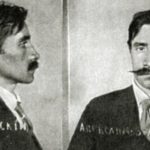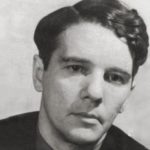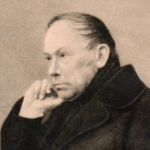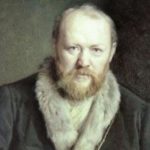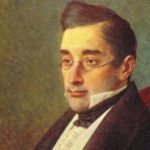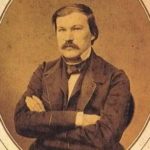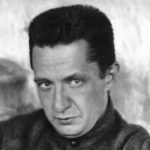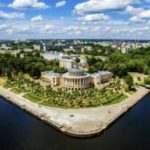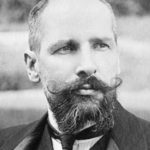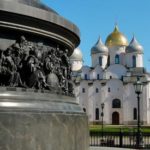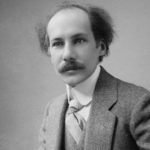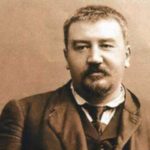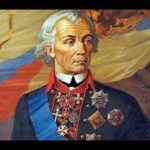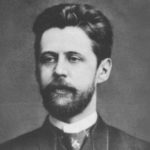Facts from the life of Alexander Nevsky
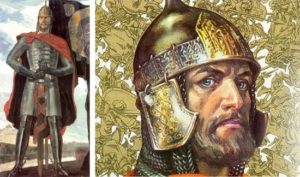 The great Russian prince Alexander Nevsky lived a very rich life. Historians who study his biography often disagree on his influence on the future fate of Russia, but they all agree that there were few individuals of this magnitude in history. Having conquered and united significant lands, he was the one who laid the foundations for the future unification of the Russian principalities.
The great Russian prince Alexander Nevsky lived a very rich life. Historians who study his biography often disagree on his influence on the future fate of Russia, but they all agree that there were few individuals of this magnitude in history. Having conquered and united significant lands, he was the one who laid the foundations for the future unification of the Russian principalities.
The prince’s son was born in the city of Pereyaslavl, which is now called Pereslavl-Zalessky.
When young Alexander Nevsky was only 9 years old, his father left him with his brother to rule Novgorod, as he himself went on a campaign. Soon the boyars, who looked after them, had to flee with the young princes, as they feared the revolt of Novgorod.
His kind of Alexander Nevsky led by the famous Varyag Rurik.
Alexander Nevsky had 9 brothers and sisters, but most of them died in infancy.
Subsequently, the father put the young Alexander Nevsky together with his brother Fedor to reign on the throne of Novgorod, but a few years later, the 13-year-old Fedor died, and the 12-year-old Alexander remained the only prince of Novgorod.
His father held the rite of passage of Alexander Nevsky to the warriors, when he was only 4 years old.
The first son of Alexander Nevsky was born when the prince was 19 years old.
One of the most striking facts of the biography of Alexander Nevsky was the victory over the Swedish army that invaded the Neva River. It is thanks to her that he earned his nickname.
Novgorod, always the former free city, drove the prince, and he went to Pereyaslavl. However, when the Swedish army approached the Novgorod lands, the Novgorodians asked Alexander Nevsky to return, refusing the candidature of his brother Andrei.
It was after the events described above that Alexander Nevsky soon won the battle on Lake Peipsi, which went down in history as the Ice Battle.
Alexander Nevsky during his lifetime was the prince of Novgorod and Vladimir, as well as the grand prince of Kiev.
Having become the ruler, he followed a wise policy — waging active wars with the Europeans, on the eastern frontiers he successfully achieved peace through diplomacy.
During his life, Alexander Nevsky did not lose a single battle.
In that era, the Tatar-Mongolian Golden Horde was a formidable force. Prince Alexander personally visited the Great Khan’s headquarters four times, negotiating.
Married Alexander Nevsky had five children.
By his efforts, an Orthodox diocese was opened even on the territory of the Golden Horde.
The Pope repeatedly sent ambassadors to Alexander Nevsky, proposing that he should accept Catholicism, but the prince invariably refused.
Some chronicles claim that the frequent trips of the prince to the Horde headquarters caused the grumbling of a number of boyars.
Most of the facts of the biography of Alexander Nevsky came to us from “Life”, a chronicle describing his life and written shortly after his death.
Alexander Nevsky officially became the adopted son of Batu Khan.
Before his death, he took monasticism and the name “Alexy”.
Some historians believe that during his last, fourth trip to the Horde, Alexander Nevsky was poisoned, but there is no evidence of this version.
After the death of Alexander Nevsky was canonized, as the pious prince.
The Grand Duke has been erected many monuments in the territory of Russia and Belarus.
The name of Alexander Nevsky carries a number of ships, a submarine, a train, a motor rally and a historical and literary prize.
